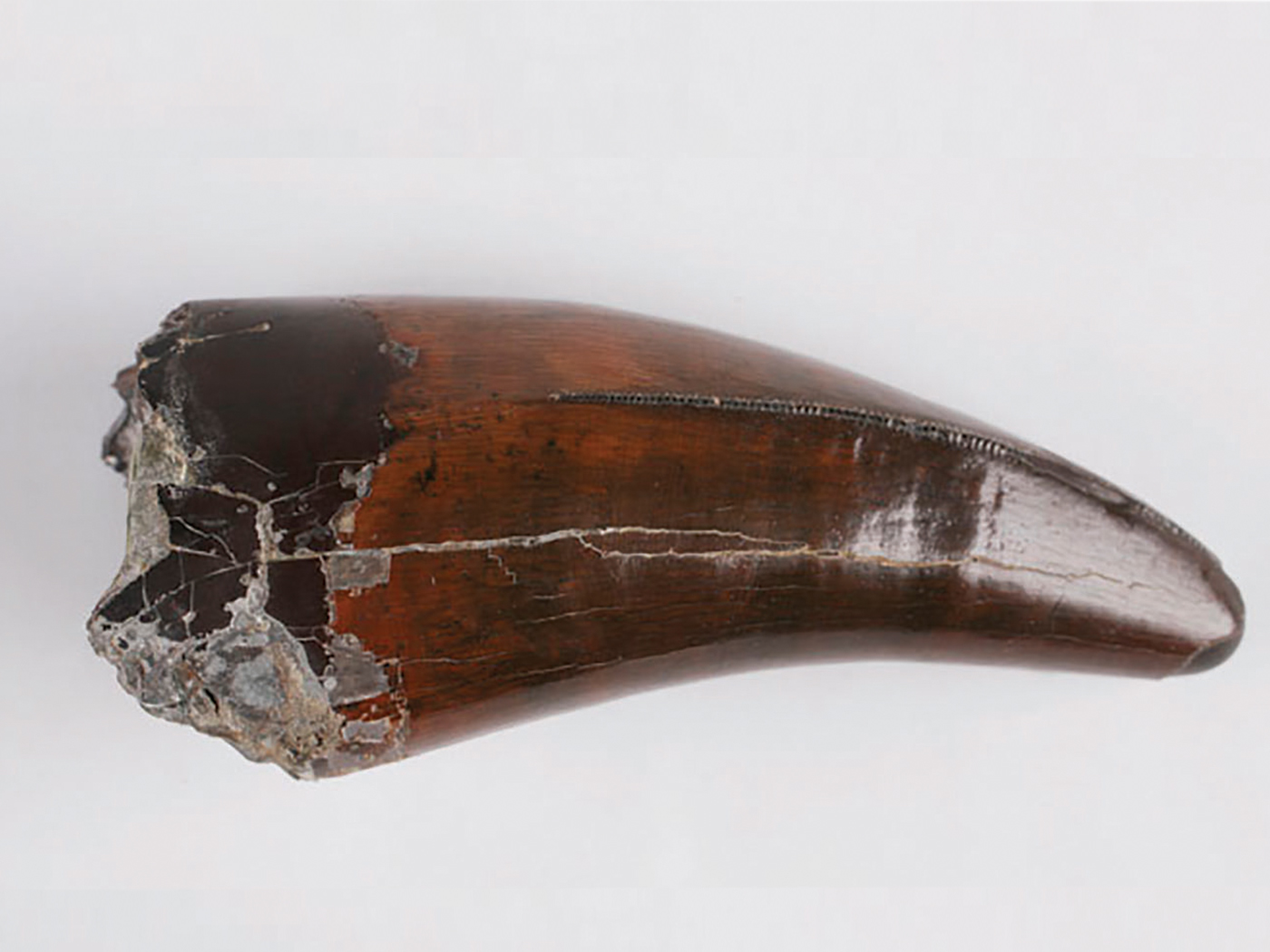Search Tools
New Defender's Study Bible Notes
45:1 inditing a good matter. This is the last Maschil psalm for the sons of Korah (see superscript). It is a psalm of ultimate triumph following the seemingly unanswered prayers of the martyrs of the previous psalm. The title also calls it “a song of loves,” since the psalm speaks not only of the King’s triumph, but also of His Bride. It is clearly a Messianic psalm, describing the ultimate union of the heavenly Bridegroom, the Lord Jesus, with His earthly Bride, the church. The word “inditing” is used only this once in Scripture, and seems to mean “overflowing with.”
45:2 fairer than the children of men. This psalm “touching the king” (Psalm 45:1) could only be applied to Christ, who is fairer than all other men and with grace always on his lips (Luke 4:22; John 7:46).
45:3 O most mighty. After the wedding, the King, who is actually “the Mighty God” (Isaiah 9:6) must triumph over His enemies, and the Bride must be prepared for the victorious wedding supper. The “sword upon thy thigh” will become the “sharp sword” that goes forth “out of His mouth” to “smite the nations” (Revelation 19:15). With a sword no longer on His thigh, it will be replaced by His mighty name, to which every knee must bow. “And He hath...on His thigh a name written, KING OF KINGS AND LORD OF LORDS” (Revelation 19:16).
45:6 Thy throne, O God. The king is addressed here as “God,” clearly showing that the Messiah (“anointed”—Psalm 45:7) is God Himself, an interpretation confirmed by its quotation in Hebrews 1:8.
45:7 God, thy God. Psalm 45:6-7 is quoted in Hebrews 1:8-9, thus confirming that the psalm is Messianic and that the Father is here addressing His eternal Son, who is now both God and man—the God/man. A similar conversation between these two persons of the Godhead appears in Psalm 2:7-8, and also in Psalm 110:1-2.
45:7 oil of gladness. This same phrase is rendered “oil of joy” in another Messianic passage, Isaiah 61:3. It probably refers to the holy anointing oil (Exodus 30:22-25) ordained by God for the anointing of His priests.
45:8 garments smell of myrrh. His human garments were first “swaddling clothes” (Luke 2:7), but then the Magi brought Him myrrh (Matthew 2:11). On the cross, they “parted His garments” after they had urged “Him to drink wine mingled with myrrh” (Mark 15:23-24). His burial garments were “linen clothes” anointed with “a mixture of myrrh and aloes” (John 19:39-40). When He returns out of the gleaming white walls and gates and palaces of the heavenly city, all His garments will smell of myrrh, and aloes, and cassia. The myrrh on His wedding garments interjects a brief reminder that His human life, death and burial were essential accomplishments before the great victory could be won over Satan and his hosts.
45:8 ivory palaces. These must be the beautiful “mansions” He has prepared for His loved ones (John 14:2).
45:8 whereby they have made thee glad. The word “whereby” could be interpreted as “stringed instruments” (Psalm 150:4). Apparently beautiful music accompanies the pleasant aromas associated with the wedding garments and resplendent ivory mansions, all contributing to the gladness of the King and His Bride.
45:9 the queen. The Bride has, following the triumph of the King, become His queen. She seems to represent the corporate body of believers, each of whom has left her “father’s house” (Psalm 45:10) to follow Christ (Luke 14:26-27). These believers then seem to be the kings’ daughters and honorable women who collectively represent the true church.
45:11 he is thy Lord. The psalmist here addresses the bride of the king who represents the people of God. We are to worship Him, for He is our Lord.
45:12 daughter of Tyre. Since Tyre was destroyed long ago, no actual “daughter of Tyre” can be present at the royal wedding. Presumably this “person” represents all the nations who have, with their religions of works, sought unsuccessfully to purchase favor with the King by “a gift.”
45:17 in all generations. This promise was recorded perhaps three thousand years ago, yet His name has indeed been remembered in every generation up to this present generation, and will continue to be praised “for ever and ever.”
Psalm 46 (title) Alamoth. The only other occurrence of alamoth is in I Chronicles 15:20, which implies that the term refers to some kind of musical instrument. The word itself apparently means “young maidens with soprano voices.” The psalm itself seems to be inappropriate for a women’s choir, so the term may apply to an instrument of high-pitched sound.











